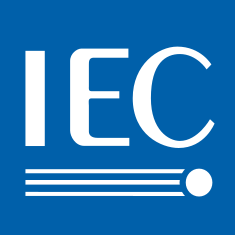International Electrotechnical Commission
The International Electrotechnical Commission (IEC; in French: Commission électrotechnique internationale (CEI)) is a non-profit, non-governmental international standards organization that prepares and publishes International Standards for all electrical, electronic and related technologies – collectively known as "electrotechnology". IEC standards cover a vast range of technologies from power generation, transmission and distribution to home appliances and office equipment, semiconductors, fibre optics, batteries, solar energy, nanotechnology and marine energy as well as many others. The IEC also manages three global conformity assessment systems that certify whether equipment, system or components conform to its International Standards.
The IEC charter embraces all electrotechnologies including energy production and distribution, electronics, magnetics and electromagnetics, electroacoustics, multimedia, telecommunication and medical technology, as well as associated general disciplines such as terminology and symbols, electromagnetic compatibility (by its Advisory Committee on Electromagnetic Compatibility, ACEC), measurement and performance, dependability, design and development, safety and the environment.
The IEC held its inaugural meeting on 26 June 1906, following discussions between the British Institution of Electrical Engineers, the American Institute of Electrical Engineers, and others, which began at the 1900 Paris International Electrical Congress, and continued with Colonel R. E. B. Crompton playing a key role.
...
Wikipedia

